 By Marie Chielo H Ybio
By Marie Chielo H Ybio
In this digital world, mobile phones are a necessary part of our daily lives. As we become heavily dependent on these gadgets for communication and for the accomplishment of daily tasks, we encounter some service issues and technical glitches, including connectivity to the internet. Sometimes, subscribers simply tolerate and continue to pay for the poor service, as they do not want the inconvenience of changing their mobile numbers for fear of losing important contacts and opportunities. Others are left with no choice but to change their mobile service provider to avail of better service, which necessitates the changing of their mobile numbers. And trivial as it seems, this results in inevitable inconvenience for both subscribers and their contacts — for example, subscribers have to inform all their contacts of such change, and the contacts must manually delete the old and save the new number.
To facilitate the easy movement of subscribers from one service provider to another without losing their existing mobile numbers, President Rodrigo Duterte signed Republic Act No. 11202, otherwise known as the Mobile Number Portability Act. Under this new law, subscribers can maintain their “mobile identity” by retaining their mobile number even if they switch to a new mobile service provider through the so-called Mobile Number Portability (MNP).
MNP is defined as “the ability of a mobile postpaid or prepaid subscriber, who has no existing financial obligation to the donor provider, to retain an existing mobile number despite having moved from one mobile service provider to another or to change the type of subscription from postpaid to prepaid or vice versa.”
In availing of the MNP to retain an existing mobile number, a mobile subscriber has to submit an application to a mobile service provider called a “Porting Application”. Thereafter, the mobile service provider will commence with the “Porting Process”. This refers to the process by which a donor provider moves a mobile number to a recipient provider or changes the type of subscription from postpaid to prepaid or vice versa. This will take no more than 48 hours. Upon receipt of the application by the recipient provider, it shall transmit the same to the donor provider for the purpose of clearing the mobile number for porting. Once cleared, the recipient provider shall activate the subscriber’s ported number within 24 hours after the mobile number has been notified as cleared.
Meanwhile, should a subscriber change his type of subscription from postpaid to prepaid or vice versa, the process will take 24 hours from the time of submission of the porting application. However, the porting process for postpaid subscribers is separate from the approval process for a new mobile subscription plan from the recipient provider.
Mobile subscribers must note that in both cases, switching a mobile service provider while retaining the mobile number and changing the type of subscription, is free of charge. Needless to emphasise, the subscribers who are deemed qualified to avail of the MNP are only those who do not have any existing financial obligation with the donor provider.
In addition, the new law imposes administrative fines and penalties for certain violations. These violations include: (a) non-performance of the portability service within the periods prescribed but delivered by the mobile service provider before a complaint is filed; and (b) unjust refusal in availing of the MNP even after mediation. Revocation of the franchise to operate may likewise be imposed upon a public telecommunications entity that unjustly refuses to process the MNP.
It is the National Telecommunication Commission (NTC) that is mandated to implement the provisions of Republic Act No. 11202. The NTC is also given the authority to award damages not exceeding P40,000 (US$770) to a subscriber whose porting application for MNP has been unjustly delayed, withheld, refused or not delivered within the allowed period. With the implementing rules and regulations soon to be crafted, the NTC is likewise directed to prescribe a procedure for mediation before one-stop shops to accept complaints relative to the denial or delay of the MNP.
The author is an associate of the Angara Abello Concepcion Regala & Cruz Law Offices (ACCRALAW), Cebu Branch. She can be contacted at (6332) 231 4223 or mhybio@accralaw.com.
The views and opinions expressed in this article are those of the author. This article is for general informational and educational purposes, and not offered as, and does not constitute, legal advice or legal opinion





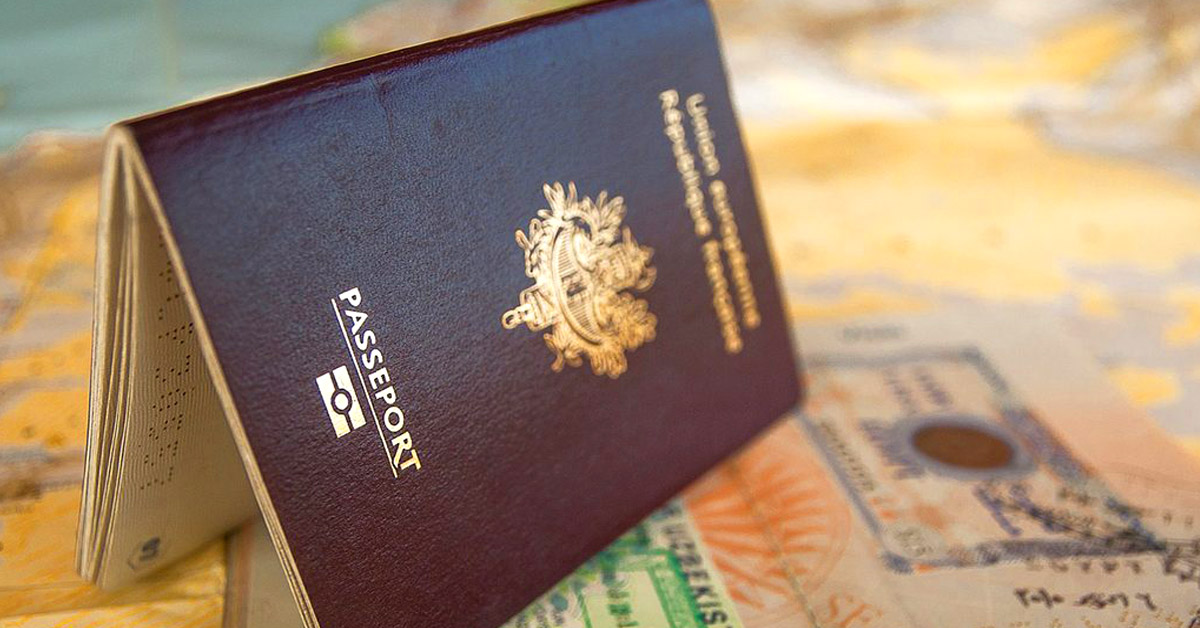
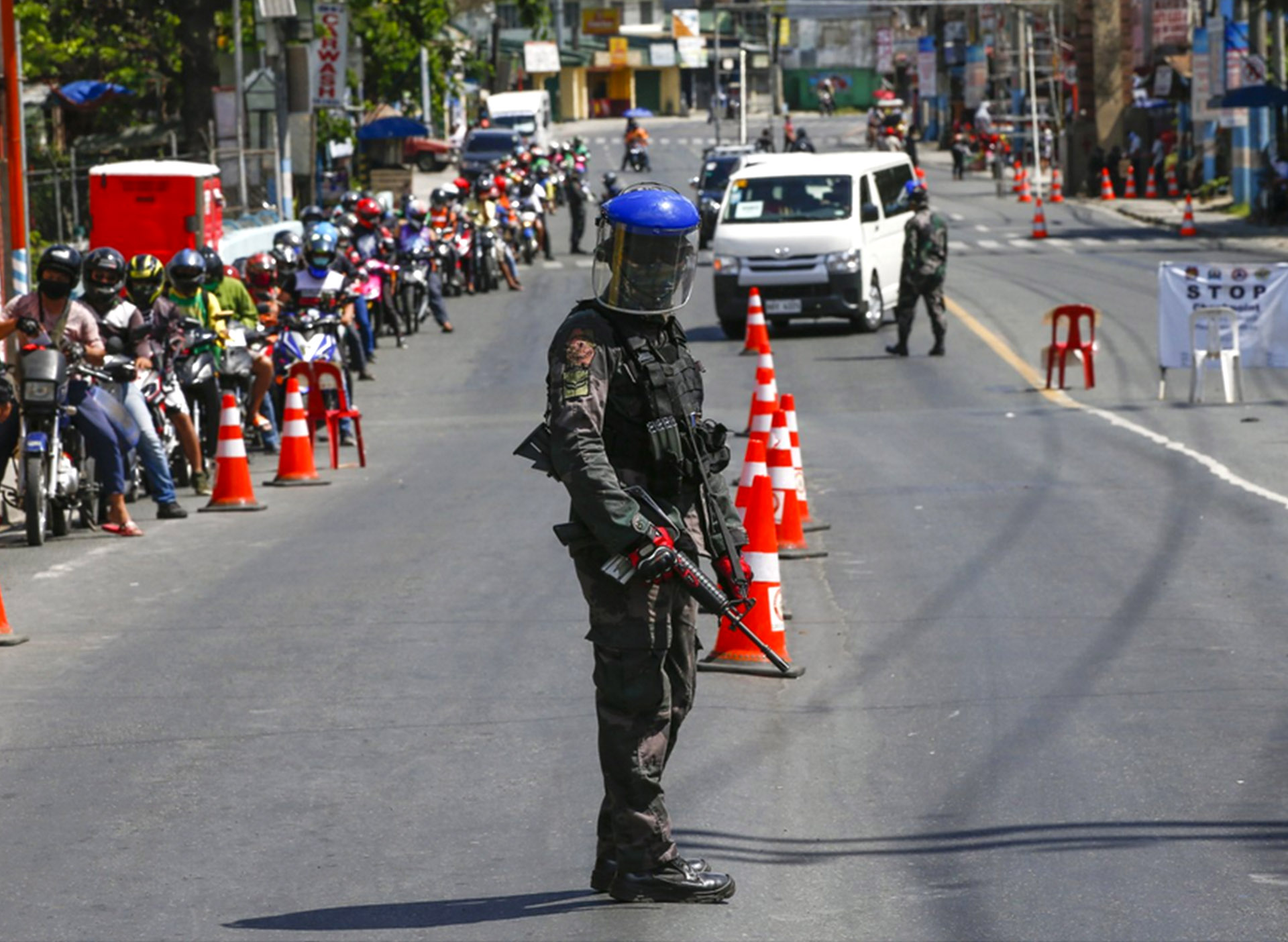








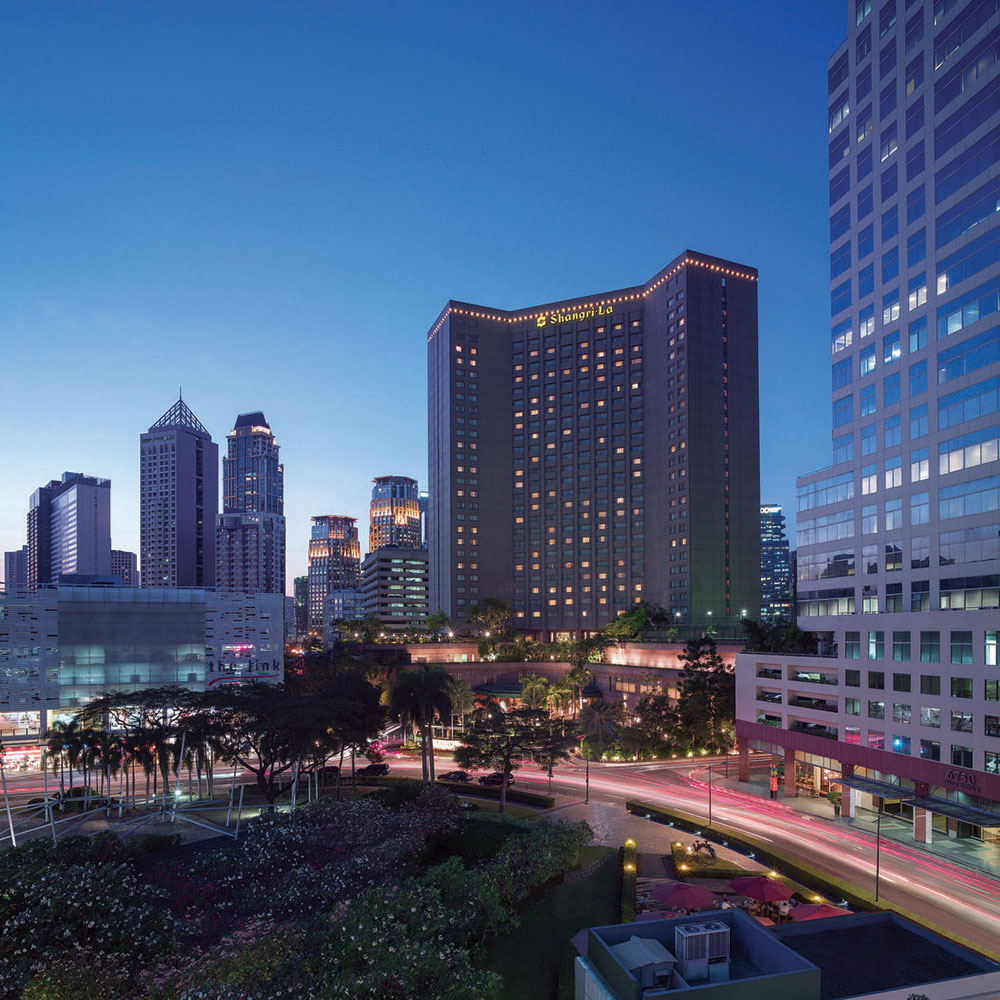


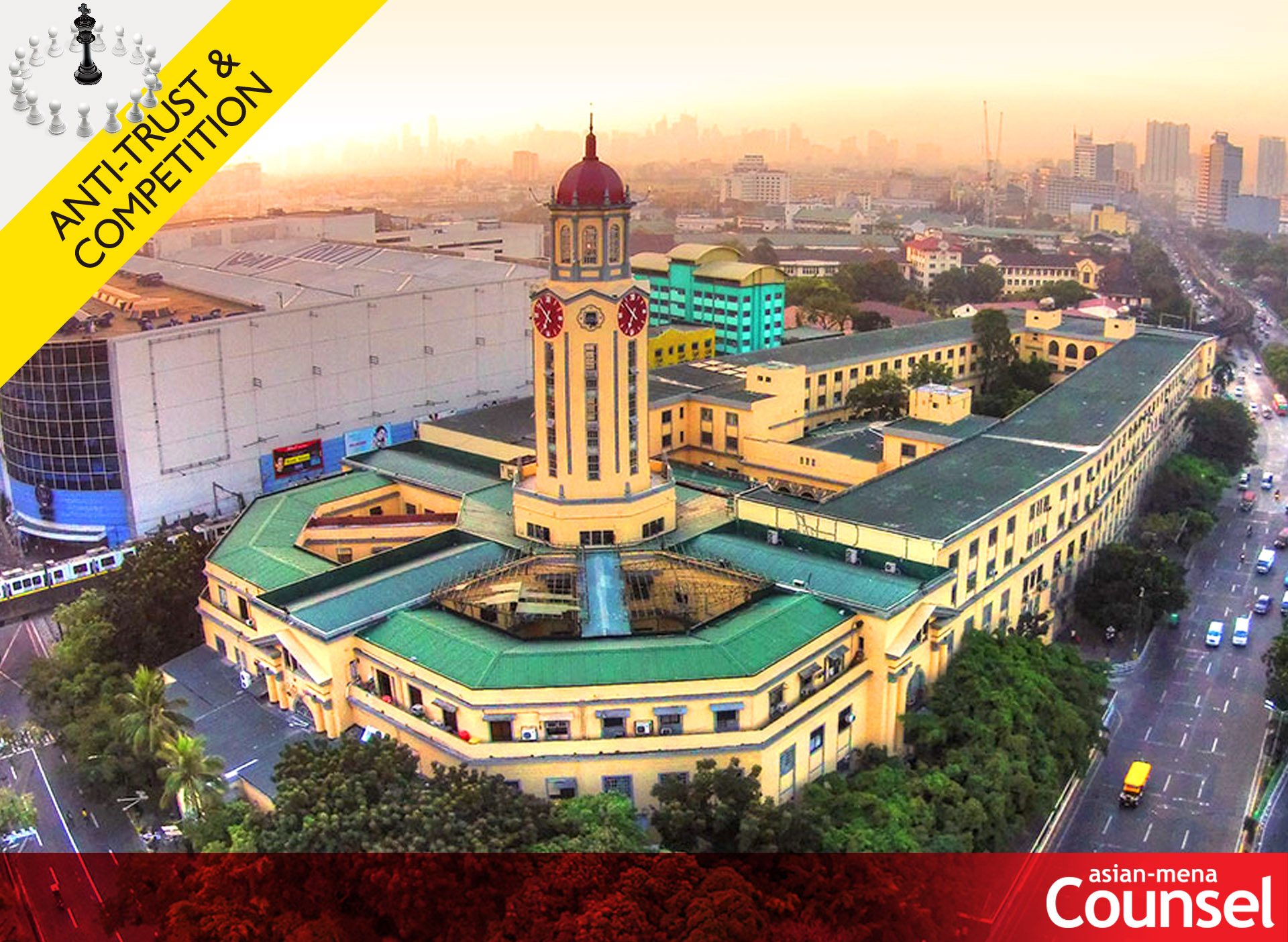












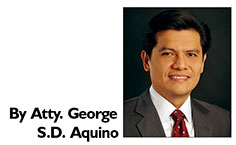






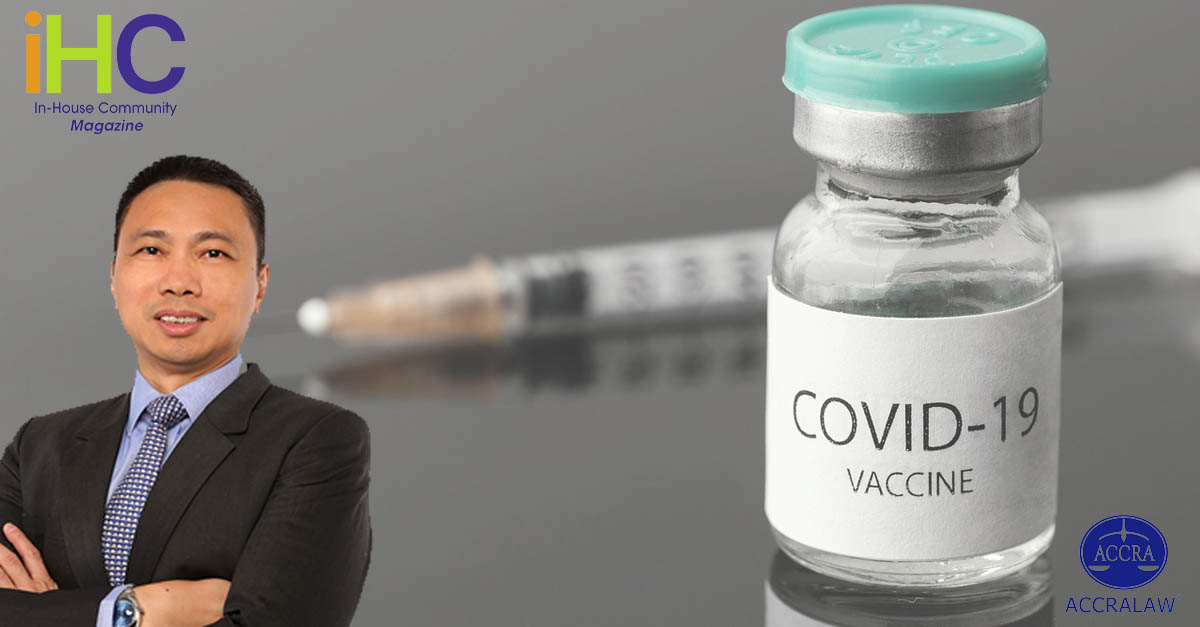



 Angara Abello Concepcion Regala & Cruz Law Offices (ACCRALAW)
Angara Abello Concepcion Regala & Cruz Law Offices (ACCRALAW)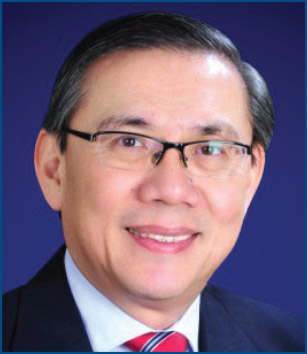 Emerico O. De Guzman
Emerico O. De Guzman






